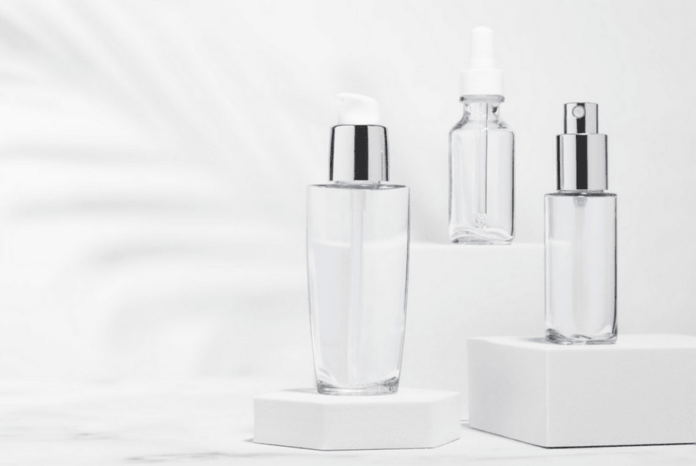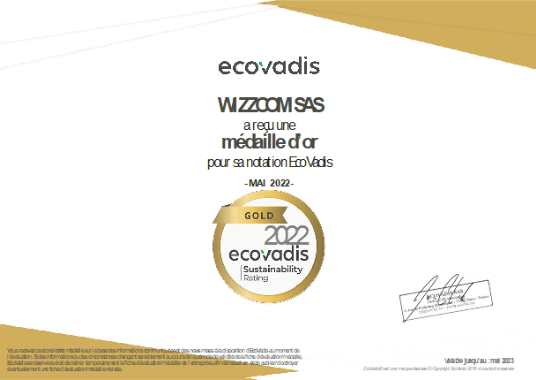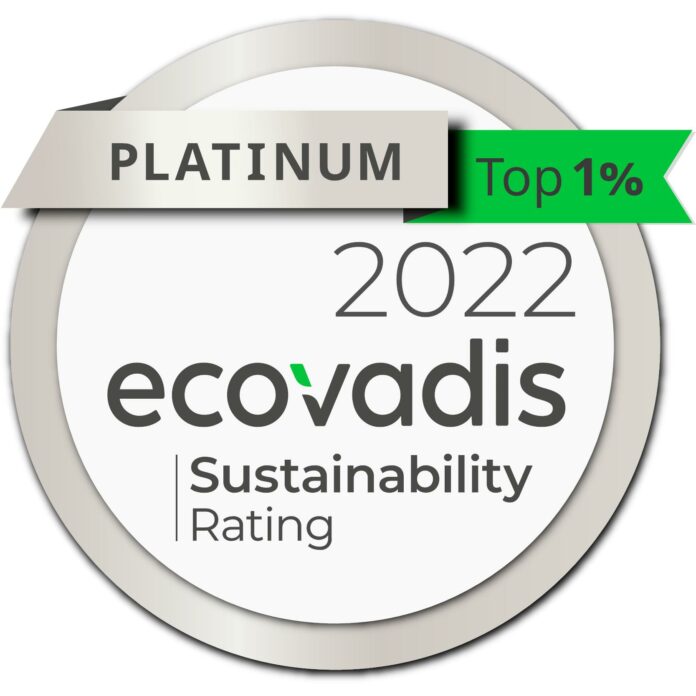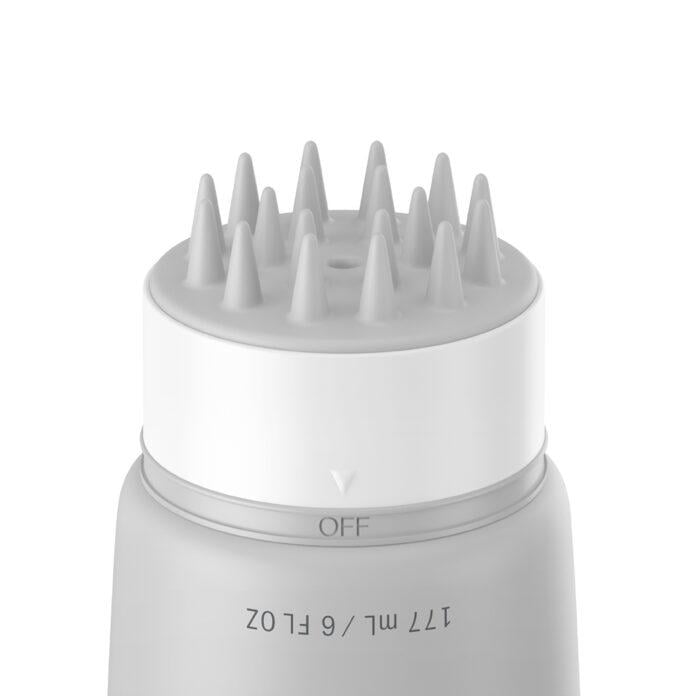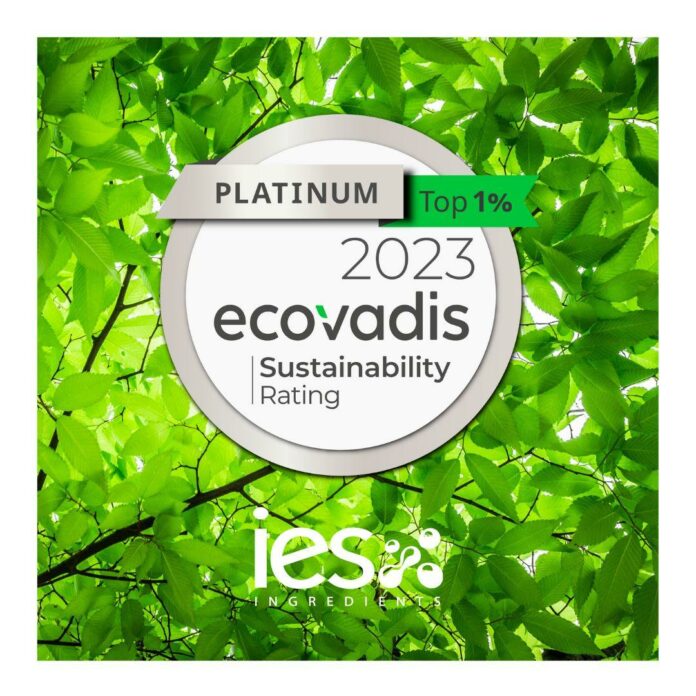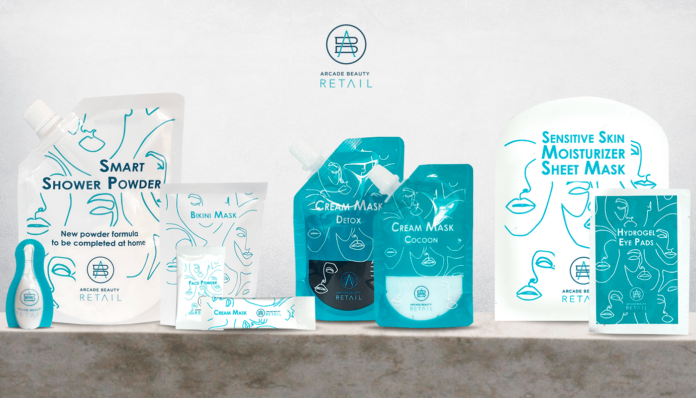Rebhan uses the latest recyclable resin from the Eastman Renew range for Lumene's sustainable packaging
Beauty brand Lumene launches its latest skincare innovation - Nordic Hydra Birch Dew Jelly - in an equally innovative sustainable packaging. Lumene has chosen Eastman Cristal One E Renew, a recyclable resin with molecularly recycled content specially designed for extrusion blow molding (EBM). Cristal One E is Eastman's latest addition to its Cristal One portfolio, offering brands the brilliance and sparkle of glass with a thick-walled rigid construction for EBM, something not usually achievable with conventional recycled resins.
" Lumene's ambition is for 80 % of its packaging to be made from recycled or recyclable materials by the end of 2025. When developing this two-in-one moisturizing skin care product, we were looking for a sustainable packaging option that would not compromise the product's presentation. Cristal One E enhances the beauty of the formula and improves the overall consumer experience." said Julia Vlasova, Global Brand Manager at Lumene.
Lumene worked with Rebhan to bring the first Cristal One E Renew packaging to market. Leading luxury packaging moulder and EBM expert, Rebhan is a long-standing innovation partner of Eastman. Lumene and Rebhan chose Cristal One E Renew to maximize the durability profile of Nordic Hydra Birch Dew Jelly bottles, whose clever design features a vibrant blue gradient decoration. It was important that the packaging highlight the moisturizing serum's unique formulation, based on a powerful combination of organic Nordic birch sap, triple hyaluronic acid and innovative new hydration spheres to quench and deeply hydrate the skin. The result is a luxurious thick-walled EBM bottle that contains 50 % of certified recycled materials and is easily recyclable, a revolutionary feat for sustainable resins.
Rebhan's collaboration with Eastman enables it to offer more sustainable options to its EBM customers. With Cristal One E Renew, Rebhan can include recyclable materials as part of the Glass Polymer range of EBM packaging, while maintaining its reputation for quality and performance.
Cristal One E and Cristal One E Renew are both compatible with the Pet recycling stream, and are approved by the Association of Plastic Recyclers (APR) and the European Pet Bottle Platform as Resin Identification Code 1 (Ric1). The use of this material for beauty packaging promotes plastic recycling and the circular economy.
Cristal One E, the latest grade in the Eastman Cristal One range, is now available for blow-molded packaging for the cosmetics and personal care markets. It gives brands the freedom to create iconic shapes, sharp-edged designs and unique packaging features that convey their brand image, all with a Ric1 designation.




